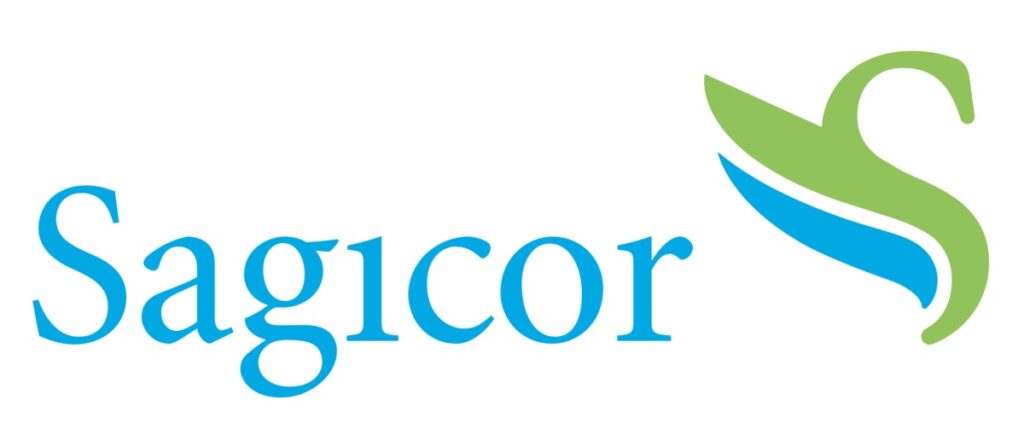

Durrant Pate/ Contributor
Sagicor’s Financial Select Fund continues its poor performance chalking up a net loss of J$131.8 million during the first quarter ended March 31, 2022.
This deterioration was principally resulting from unrealized depreciation of J$136.1 million in the value of investments as most of the securities in the Fund recorded a decrease in prices during the quarter.
This negative performance is expected to transcend with the economic uncertainty globally and rising interest rates.
Dividend Income was J$14.7 million, a decrease of J$1.4 million compared to the first quarter of 2021.
Total expenses for the quarter amounted to J$10.6 million, an increase compared to J$6.5 million recorded in the corresponding quarter of 2021.

This upward movement was largely due to legal and professional fees increasing six-fold. The cost associated with dividend payment to shareholders was the main contributor to the rise in professional fees.
The fall-off in asset value drove down management fees, which declined 5.6 per cent.
At the end of March 2022, the total assets were valued at J$4.01 billion. This comprised Financial Assets held by the fund of J$3.96 billion (98.7 per cent).
Cash and cash equivalent declined to J$42.7 million relative to J$64.7 million at the end of March 2021.
This reflects a reduction in the fund bank balances. The assets were financed by equity of $3.98 billion and liabilities of J$25.8 million.

In its outlook, the fund is projecting that over the short term, depressed market conditions are expected to persist, largely linked to elevated inflation levels.
In addition, the Jamaican economy remains below pre-pandemic levels with the forecast for a return to those levels moving further out than initially projected.
In an effort to combat rising prices, the central bank is expected to continue with policy rate increases.
The local finance and insurance services industry recorded growth of 2.0 per cent during the fourth quarter of 2021.
This resulted from increased profitability of deposit-taking institutions reflecting a rise in economic activities, employment and growth in business and consumer confidence and higher fees and commission income.
Advances in private sector loans
During the quarter, the private sector loans and advances experienced a marginal growth compared to the previous quarter.
Loans and advances (including domestic and foreign currency-denominated loans) to the non-financial private sector by deposit-taking institutions (DTIs) increased by 7.9 per cent as at November 2021. This was slightly above the growth of 7.0 per cent as at September 2021.
The stock of private sector loans to GDP as at November 2021 was 45.2 per cent, marginally lower than the stock of private sector loans to GDP of 46.4 per cent a year earlier.
The growth in total loans and advances was underpinned by expansions in loans of 9.1 per cent and 6.4 per cent to individual and the productive sector, respectively.
Growth in loans to the productive sector was mainly attributed to growth in loans to the distribution, professional and other services, as well as electricity, gas and water industries.







Comments